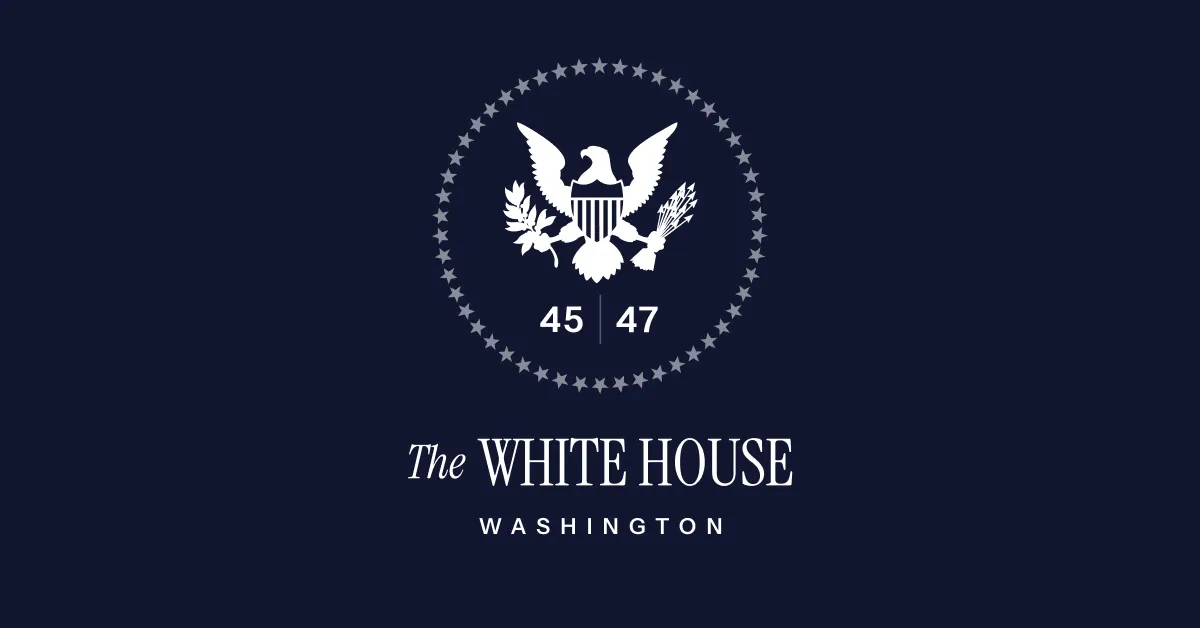
On February 1, 2025, the President of the United States issued an executive order aimed at addressing the ongoing issues related to illicit shipments from the People’s Republic of China (PRC) and Hong Kong. This order, along with its subsequent amendments, seeks to tackle deceptive shipping practices that have been exploited by shippers to evade detection and contribute to the growing synthetic opioid crisis in the United States. The order leverages the authority provided by the International Emergency Economic Powers Act and the National Emergencies Act, among other legal frameworks.
The primary purpose of this executive order is to protect American consumers and industries from the influx of hazardous materials that are often concealed within shipments from the PRC. Many shippers utilize the de minimis exemption under section 321(a)(2)(C) of the Tariff Act of 1930 to avoid tariffs, allowing them to transport goods valued at or under $800 without incurring duties. This loophole has been identified as a significant contributor to the synthetic opioid crisis, highlighting the urgent need for reform.
Effective May 2, 2025, the duty-free de minimis treatment will no longer be applicable to certain products originating from the PRC and Hong Kong. This includes international postal packages that are sent to the United States. The Secretary of Commerce has confirmed that sufficient systems are now in place to process and collect tariff revenues on these goods, which were previously exempt from duties. The order mandates the collection of additional duties on specified imported merchandise, thereby enhancing enforcement against illicit trade.
Under this new executive order, all shipments valued at $800 or less that would have qualified for the de minimis exemption will require proper entry and duty payment through the Automated Commercial Environment (ACE) managed by U.S. Customs and Border Protection (CBP). This ensures that all applicable duties, including those imposed by the previous executive orders addressing the synthetic opioid supply chain, are collected accordingly.
Specifically, all postal items sent through the international postal network from the PRC or Hong Kong will incur duties as outlined in the order. This includes an ad valorem duty of 30 percent on the value of the goods for items entered after the effective date. Additionally, specific duties of $25 and $50 will apply based on the timing of the shipment’s entry. These measures are designed to ensure compliance while allowing legitimate mail to flow smoothly.
All carriers involved in transporting international postal items from the PRC or Hong Kong must secure an international carrier bond to guarantee the payment of the duties imposed. This bond will ensure that all financial obligations are met, reinforcing the regulatory framework established by this executive order.
The Secretary of Homeland Security is tasked with implementing this order in collaboration with various federal agencies, including the Department of Treasury and the Attorney General. The order also empowers CBP to enforce compliance and monitor the effectiveness of these new measures. Furthermore, a report is expected within 90 days to assess the order's impact on American industries and propose any necessary adjustments.
This executive order marks a significant step toward combating the challenges posed by illicit shipments from China and Hong Kong. By tightening regulations and enhancing enforcement measures, the United States aims to protect its borders and public health from the dangers of synthetic opioids and other harmful substances. As the situation evolves, further recommendations may be made to ensure comprehensive oversight and compliance.